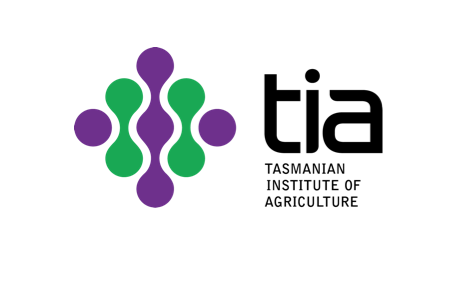Date

Advertiser's description (via the Tasmanian Institute of Agriculture)
Urgent, deep and sustained cuts to global greenhouse gas emissions are needed if catastrophic events associated with anthropogenic climate change are to be averted. To help address the climate crisis, the Australian red meat sector has set the ambitious aspiration of achieving a carbon-neutral (net zero) livestock sector by 2030 (CN30 Initiative). The PROACTIVE PhD project will develop holistic farm systems interventions that are productive, profitable, sustainable and socially responsible, allowing positive progress towards CN30.
The project scope is flexible, however work conducted may include:
- Surveys and interviews with farmers in Tasmania and beyond to gauge perceptions on interventions for mitigating farm greenhouse gas emissions, including practical barriers to adoption.
- Farm level case studies conducted in part by modelling changes in GHG emissions in response to emissions 'stacking' i.e. combining multiple interventions allowing transformational but socially-acceptable GHG emissions abatement, together with improvements in long term profitability, sustainability, productivity
- Development of emissions abatement trajectories for Australian livestock farms, with a focus on sheep, beef and dairy systems. Interventions may be categorised into:
- Agronomic management
- Environmental stewardship
- Economic innovations
- Social
- Cultural themes
- Industry views of Emissions Reduction Fund (ERF) and Climate Solutions Fund (CSF) methods, with emphasis on likelihood of adoption, gathered through workshops
- Systems modelling and quantification of factors influencing GHG emissions (carbon sequestration/stocks in trees and in soils, soil fertility improvement, pasture renovation, feeding of low-emissions supplements such as red algae (Asparagopsis), breeding low methane cattle, rumen modification, early life programming etc)
- On farm experiments may be conducted, depending on interests of the candidate
Read more here. Applications are open until 30 December 2022.






